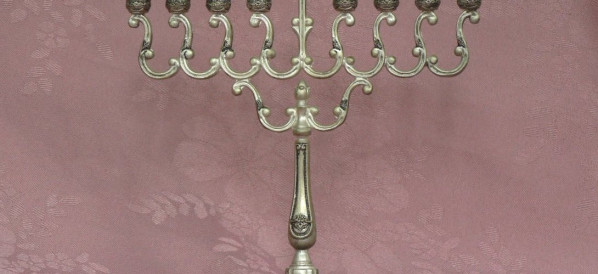 20 Terms
20 TermsHome > Terms > 카자흐어(KK) > ведомстволық сын
ведомстволық сын
The act of critiquing an institution as artistic practice, the institution usually being a museum or an art gallery. Institutional criticism began in the late 1960s when artists began to create art in response to the institutions that bought and exhibited their work. In the 1960s the art institution was often perceived as a place of 'cultural confinement' and thus something to attack aesthetically, politically and theoretically. Hans Haacke is a leading exponent of Institutional critique, particularly targeting funding and donations given to museums and galleries. In 1971, the Wallraf-Richartz Museum, Cologne rejected his work Manet-Projekt 74 from one of their shows. The work was related to the museums' recent acquisition of Edouard Manet's Bunch of Asparagus and detailed the provenance of the painting and Nazi background of the donor. During the 1990s it became a fashion for critical discussions to be held by curators and directors within art galleries and museums that centred on this very subject, thereby making the institution not only the problem but also the solution. This has changed the nature of Institutional critique, something that is reflected in the art of Carey Young, who considers this dilemma.




